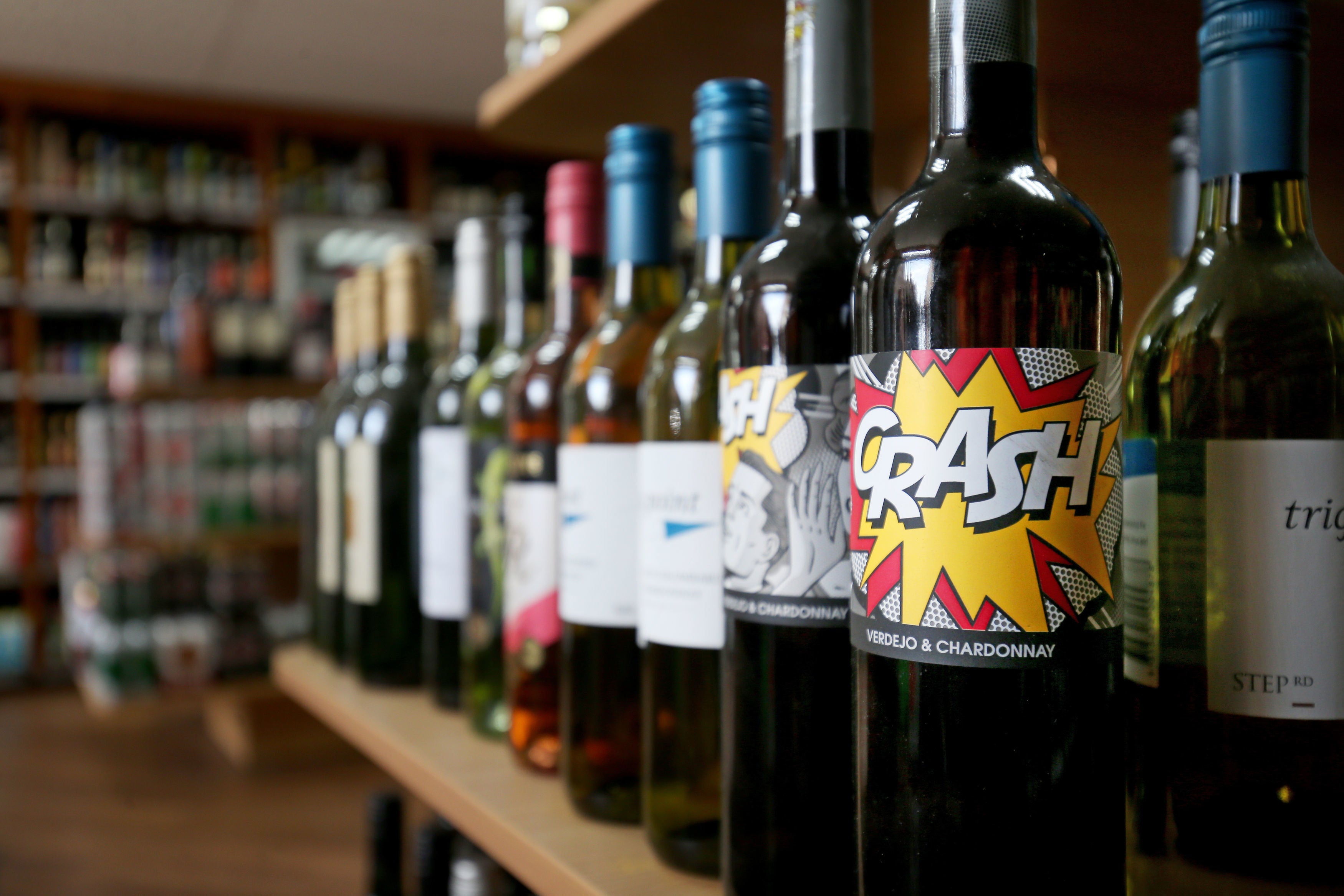The government’s war on drugs turns a blind eye to one of Britain’s deadliest narcotics – alcohol
Alcohol claimed the lives of more people than drugs in 2020, yet the only intervention we’ve witnessed is to ensure uninterrupted supply during the pandemic


The optics couldn’t be clearer. This is a government that is committed to the war on drugs, announcing yesterday its latest iteration of how it plans to bear down on users. The overriding emphasis was on illegal substances, because like many of us, it doesn’t consider alcohol to be a drug. But if we needed any reminding of just how lethal alcohol is, today’s Office for National Statistics report on alcohol-specific deaths is a timely reminder. While drugs claimed the lives of nearly 3,000 last year, this is dwarfed by the lives cut short by alcohol at 8,974 in 2020, up by 18.6 per cent on the previous year.
Again, there are distinct gender and regional differences. Men continue to be twice as likely as women to die due to alcohol, while Scotland and Northern Ireland continue to have the highest rates of deaths. These differences are not a statistical quirk; they are squarely the result of widening inequality. While those with the most may drink as much as those with the least, factors such as diet and access to health care and other resources ensure the impact of heavy drinking is felt more acutely by those with the least.
The Scottish government has been much more progressive than Westminster when it comes to tackling problems with alcohol. Despite the determined efforts of the alcohol industry to prevent it, Holyrood successfully introduced minimum unit pricing in an attempt to reduce overall consumption. This has had some partial success, but it has clearly not impacted on fatalities as yet. The Scottish government has also recognised the role that stigma plays in preventing people who have a problem with alcohol seeking help in a timely way. It recently launched an innovative anti-stigma campaign to try and mitigate the fatal role that shame can play in people getting the help they need with alcohol.
Of course, this public health campaign in Scotland is no match for the advertising budget at the disposal of the alcohol industry. If you want to know how ubiquitous alcohol is, then count the number of times a day you are exposed to advertising on TV, bus shelters, etc, and the number of outlets where it can be purchased. You’ll need more than all your fingers to tot these up. Alcohol advertising and promotion pays, otherwise why would the industry bother investing the millions it does?
Although the long-term trends in our consumption show a slight fall, underlying this is a worrying switch from lower strength alcohol such as beer to stronger ones like wine and spirits. So, while we might be collectively drinking less, what we are drinking is significantly more potent and therefore a greater risk to health.
As with most health problems there is an unequal burden felt by those with the least when it comes to alcohol. The pandemic revealed that many people continued drinking the same amount or even cut down how much they drank in comparison to the start of Covid. Not so those who were already drinking at high risk levels – 50 units a week for men and 35 units a week for women. This group consumed greater amounts during the pandemic, elevating their already high risk of developing cancer, liver disease or, as today’s figures show, dying.
Despite the record numbers dying as a result of alcohol, don’t expect any action from Westminster on this. To date the only intervention we’ve witnessed on alcohol is to ensure uninterrupted supply during the pandemic, not a single mention of the harm that an increasing number are experiencing. So while it continues to get tough on narcotics – removing passports and driving licences from those caught using substances – it works hard to ensure we continue to have access to our favourite drug, irrespective of the damage it causes to an increasing number of families and communities.

Join our commenting forum
Join thought-provoking conversations, follow other Independent readers and see their replies